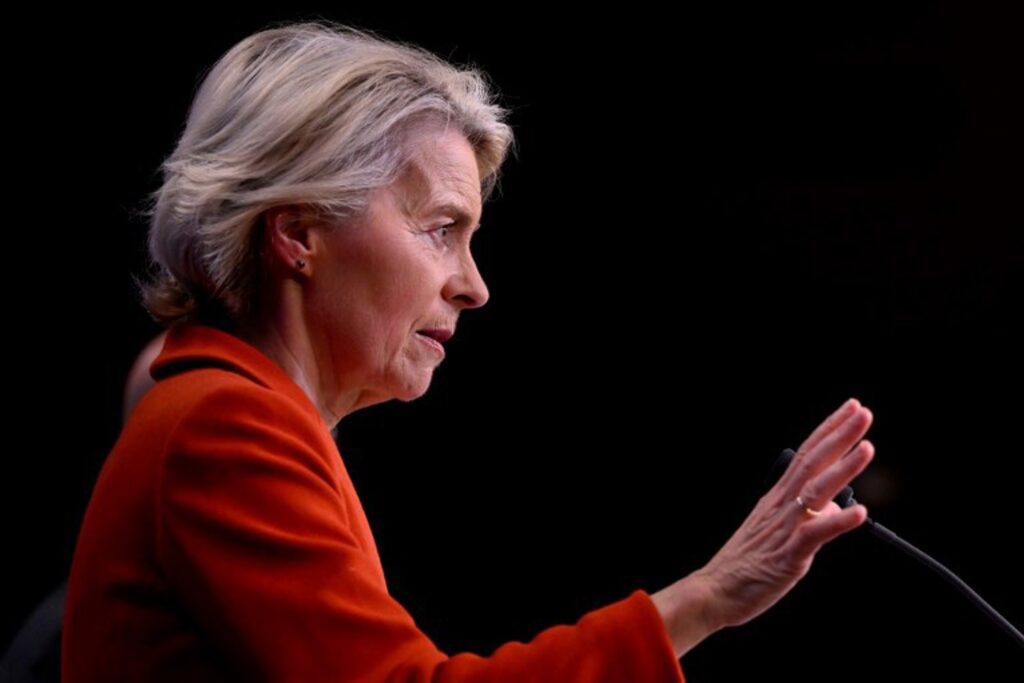European Commission President Ursula von der Leyen embarks on a tour of the Western Balkans on Wednesday to visit each EU candidate country.
This visit, her fourth to the region, is seen as a "strong signal" that EU enlargement is back on the agenda, says Heather Grabbe, a researcher and member of the Bruegel think tank.
For Balkan countries aspiring to join the EU – Albania, Bosnia and Herzegovina, Kosovo, North Macedonia, Montenegro, and Serbia – the visit is a chance to demonstrate their progress on required reforms.
Enlargement to this bloc of nearly 18 million people, surrounded by EU members, has been debated for 20 years. Over the years, some Balkan countries have seen waning popular support for EU membership or lacked political will for the necessary reforms.
However, the Russian invasion of Ukraine has reinvigorated the process. "The urgency surrounding Ukraine and Moldova has helped the Balkans," Grabbe notes.
"I imagine her tour will have an optimistic tone,” says Jelica Minic, vice-president of the NGO European Movement in Serbia. "Especially since a new mechanism has been launched to bring the entire region closer to the EU," she adds, referring to the Growth Plan initiated in November 2023.
To counter the economic influence of China and Russia in the Balkans, the EU has pledged six billion euros. The plan includes four pillars: integration into the single market, a regional common market, acceleration of fundamental reforms, and increased financial assistance.
However, payments will be conditional on strict adherence to reforms, particularly alignment with the EU’s common foreign and security policy.
Diplomatic alignment will likely be a key topic, especially in Serbia. Belgrade has yet to impose sanctions on Moscow, and Serbian President Aleksandar Vucic recently thanked President Putin in a phone call for ensuring that Russia will provide sufficient gas to Serbia this winter.

